Most water pipes, including copper, steel, CPVC, and PVC will break if exposed to freezing temperatures. PEX is the only commonly used water pipe that will survive being frozen without breaking. Property losses and damage from the breaks can be huge. Repairing the pipes and drying out your home is only the beginning. What about MOLD PREVENTION after the repairs are completed?
A CASE STUDY
PROBLEM: WATER DAMAGE FROM FROZEN PIPES LEADS TO MOLD IF NOT TAKEN CARE OF PROPERLY.
Most water pipes, including copper, steel, CPVC, and PVC will break if exposed to freezing temperatures. PEX is the only commonly used water pipe that will survive being frozen without breaking. Property losses and damage from the breaks can be huge. Repairing the pipes and drying out your home is only the beginning. What about MOLD PREVENTION after the repairs are completed?
QUESTION: AFTER MY PIPES ARE REPAIRED, HOW DO I ENSURE I DO NOT GET MOLD GROWING IN MY HOME?
Care must be taken to dry out your home as much as possible. However, wet wood is difficult to dry. To prevent mold growth, it is wise to contract a mold prevention company to apply mold abatement chemicals on all water-exposed wooden surfaces in the home.
CAUTION: SOME MOLD ABATEMENT PRODUCTS ARE HIGHLY INCOMPATIBLE WITH BOTH CPVC AND PVC PIPES AND WILL CAUSE THE PIPES TO BREAK IF ACCIDENTALLY OVER-SPRAYED ONTO THE PIPES.
Most homes contain some CPVC and PVC piping products. Many common mold abatement products contain chemicals that are highly incompatible with CPVC and PVC pipes. If the incompatible mold abatement chemicals are accidentally over-sprayed onto CPVC or PVC pipes, they will become brittle and break. Be sure to ask the company that is applying the mold prevention product for proof that the mold abatement product they are using is compatible with CPVC and PVC pipes. You should ask to see a document from the manufacturer of the mold abatement chemical product that states their product is “CPVC Compatible” or “FBC System Compatible” or “PVC Compatible”. CPVC and PVC are virtually identical in their chemical resistance characteristics.
For covenience, we have attached A list of mold abatement products that are compatible with CPVC piping and a list of products that are NOT compatible with CPVC pipes
WHAT IF MY PLASTIC PIPES CONTINUE TO LEAK?
Once the piping systems in your home are repaired and your home is dried out and treated for mold prevention; if your plastic pipes continue to break or leak, Forensic Engineers at Plastic Expert Group can analyze broken plastic pipes and determine what is causing the pipes to break. If the cause of the leaks is defective repair or exposure to an incompatible mold abatement spray, our experts will prove the cause of the failure. Our expert services have been used by hundreds of homeowners, insurance companies, and Law Firms to recover the cost of damages from plumbing failures.
